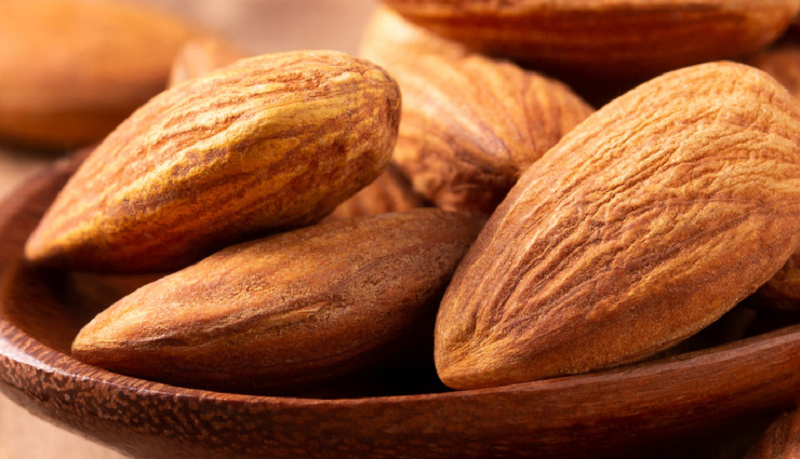
The body needs many nutrients and minerals to function properly and maintain good health. If there is a deficiency of any nutritional element in the body, many health problems can occur. One such mineral is calcium which is an essential mineral for the body. The weight of the entire body rests on the structure of the bones and calcium works to fill the bones with life and make them stronger. At least 1,000 mg of calcium per day is sufficient for most adults. There is a good amount of calcium in milk. But many people do not like milk or are allergic, so today we have brought you information about some necklaces that will prove helpful in supplying calcium to the body. Let us know about these diets...
Seeds
There are many seeds that are rich in important nutrients. Such as poppy seeds, sesame seeds, and chia seeds. According to a study published by the National Library of Medicine, one teaspoon of poppy seeds meets about 10% of your regular calcium needs. Along with this, Omega 3 fatty acids are present in chia seeds. It is also rich in protein and healthy fat.

Tofu
Tofu is made from soy milk. Calcium sulfate is usually used in making it, hence 100g of tofu contains 680mg of calcium. In recipes containing paneer and cottage cheese, you can use tofu instead of these two.
Almond
According to Foot Data Central, almonds contain the most calcium compared to all other nuts. Along with calcium, almonds contain abundant amounts of fiber. Its healthy fats are very beneficial for health. It is also a good source of magnesium, manganese, and vitamin E.
Green leafy vegetables
Leafy green vegetables contain abundant amounts of calcium. This includes collard greens, spinach, and kale. 100 grams of kale contains about 250 mg of calcium. Whereas only 110 mg of calcium is available in 100 grams of milk.
Soybean
Calcium is present in abundance in soybeans. To get its proper benefits, eat it after dry roasting it. For those who are on a vegan diet, soybeans can be a better option to fulfill the calcium requirement of the body.
Ragi
Ragi is rich in calcium. 100 gram of ragi contains 345 mg of calcium. Make sure that you eat ragi in any form at least 4 times a week. Include ragi flour in your diet in the form of roti, cheela, pancake, and laddu.
PC Social media










